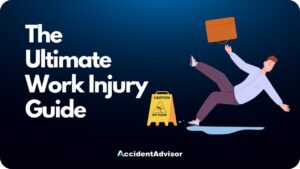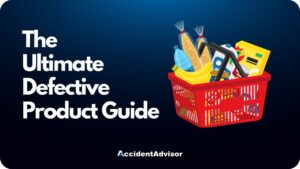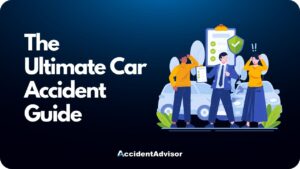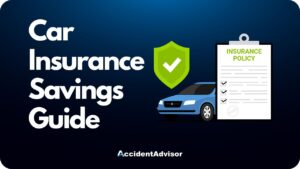If you’ve been in a fender bender, you’re probably wondering “how much does insurance go up after an accident.” This article explains how at-fault accidents, not-at-fault accidents, and comprehensive claims affect your premiums.
You’ll also learn tips to prevent significant rate hikes after an accident. Let’s gear up for the ride and transform you into a savvy insurance navigator in no time!
Table of Contents
- Will a Car Accident Increase My Insurance Premium?
- At-Fault vs Not-At-Fault Accidents
- Will Comprehensive Claims Increase My Insurance Premium?
- Can I Prevent Insurance Rates from Going Up After an Accident?
- How Long Does an Accident Stay on Your Driving Record?
- Should I Report an Accident to My Insurance?
- Conclusion
Will a Car Accident Increase My Insurance Premium?
Yes, insurance premiums will generally increase after an accident. This is not always the case, however, and the rate hike varies based on the circumstances.
According to data analyzed by Bankrate, the premium for full coverage auto insurance goes up an average of 42% after an at-fault accident. Before an accident, the average annual premium was $2,014 and afterwards, it was $2,854.
Plans with minimum coverage also saw a similar rate increase of approximately 43%. Note that these increases are only for at-fault accidents, however.
At-Fault vs Not-At-Fault Accidents
Let’s dive into the world of at-fault and no-fault accidents. If you’re at fault (say, you played pinball with parking lot vehicles), your insurance will likely hike. Why? Because to insurers, you’ve just rolled out the red carpet welcoming risk.
But what if you’re not at fault? Generally, premiums don’t increase much, if any, in this scenario. We’ll explore these two types of accidents more below.
How At-Fault Accidents Affect Your Premium
Premiums typically increase between 30-50% on average after a single at-fault accident, according to insurance industry data. This is because you are now viewed as a higher risk driver in the eyes of your insurer. At-fault accidents indicate you may be more likely to file a claim in the future.
Insurers base rates on risk levels. Causing an accident shows lack of driving skill and judgment, which equals greater risk. That’s why premiums take a jump.
How Not-At-Fault Accidents Affect Your Premium
If you are not to blame for the accident, your rates usually won’t increase. Insurers recognize you did not cause the collision so you are not considered a greater insurance risk.
However, some insurers may raise your premium if you file multiple not-at-fault claims within a short period of time. They may see this as a pattern and think you drive in high-risk areas. Too many claims of any type can make insurers perceive a driver as riskier.
Will Comprehensive Claims Increase My Insurance Premium?
Comprehensive claims are for non-collision damage such as theft, vandalism, weather events and animal collisions. One or two of these claims will generally not impact your rates. However, frequency matters.
If you’re making these claims as often as you binge-watch your favorite show, your insurer might kick up your premium. Insurance rates may go up because frequent claims signal that you might be a risk magnet. The insurance company, like your gym trainer, takes note of your repeated patterns and adjusts accordingly.
Can I Prevent Insurance Rates from Going Up After an Accident?
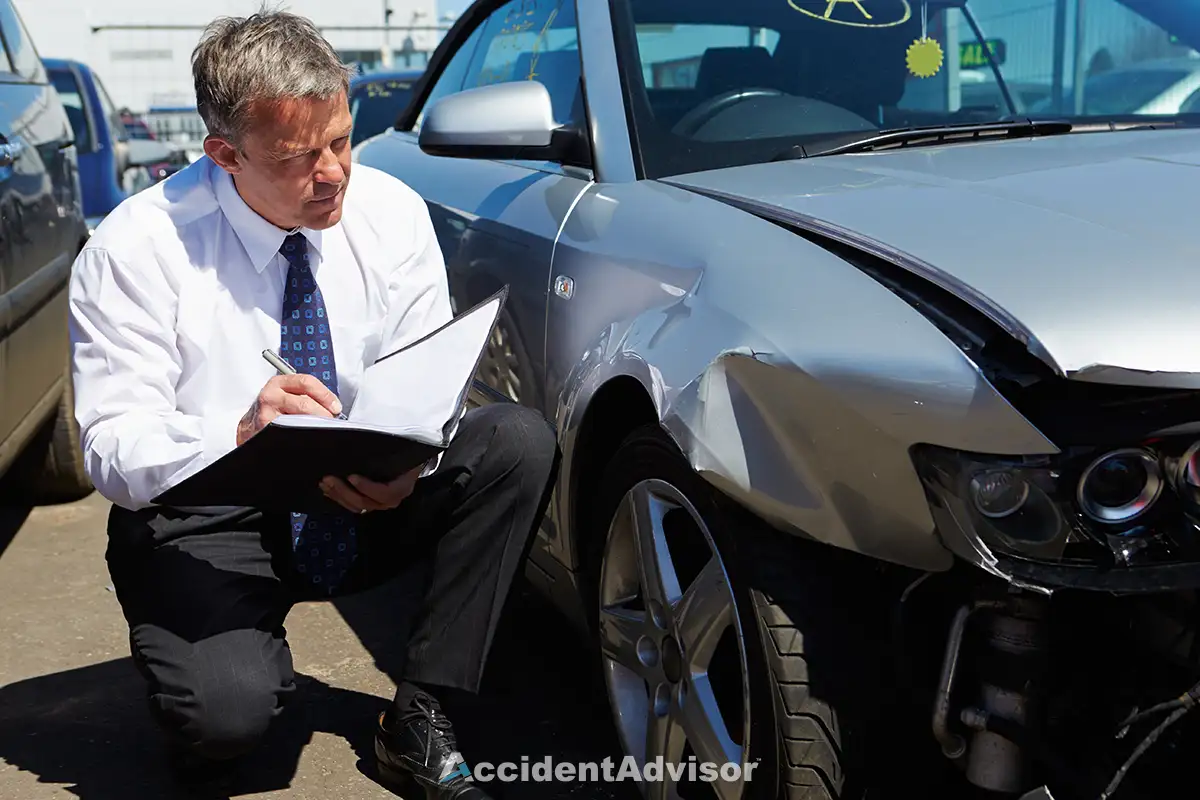
Here’s a little secret: ‘accident forgiveness.’ Some insurers offer this gold star sticker that promises not to hike your premium after your first at-fault accident. It’s like a get-out-of-jail-free card in Monopoly. But keep in mind, it’s not always included, so you might need to ask for it.
Below is a list of some other ways to prevent rate increases after an accident:
- Increase deductible – Higher deductibles lower your premiums. The tradeoff is you pay more out of pocket per claim.
- Complete a defensive driving course – Improving your skills can earn a discount.
- Review policy discounts – See if you qualify for other discounts that can help offset accident-related increases.
- Shop for lower rates – Compare quotes from other insurers. They may overlook one minor accident.
- Maintain a clean driving record – After the accident drops off your record in 3-5 years, premiums should decrease.
How Long Does an Accident Stay on Your Driving Record?
Accidents linger on your driving record like an unwanted houseguest, generally for about three to five years. During this period, they might influence your insurance rates. But don’t despair, like your embarrassing childhood nickname, it won’t stick around forever.
This also plays a role in deciding how much does insurance go up after an accident. As long as the accident is on your record, it’s a reminder of risk to insurance companies. But the bright side? This too shall pass.
Should I Report an Accident to My Insurance?
Though you might want to play the silent card about a tiny accident, it’s generally wise to let your insurance company in on the secret. If the other party involved decides to claim, your insurer might refuse to play ball if they didn’t hear it from you first.
If the damage to both vehicles was minor, a claim may not be warranted, however. Since claims can result in premium increases, it may be cheaper in the long run to pay out of pocket for minor damages to avoid the rate hike.
Conclusion
There we have it, a roadmap through the twists and turns of insurance after an accident. It’s frustrating, but common for premiums to rise after at-fault accidents due to being labeled high-risk.
However, not-at-fault accidents should have little impact on your rates as long as they are infrequent. Stay vigilant about policy discounts and safe driving to keep insurance costs as low as possible.

Rocky Horton
Author
Rocky Horton is a health and safety expert from Chapel Hill, NC. He is the founder of AccidentAdvisor and has been featured in Forbes, Bloomberg, and other publications. Learn more.


